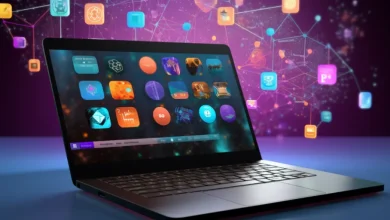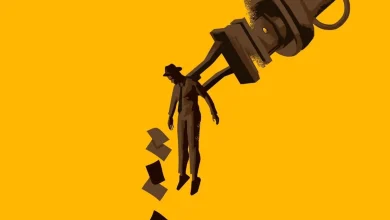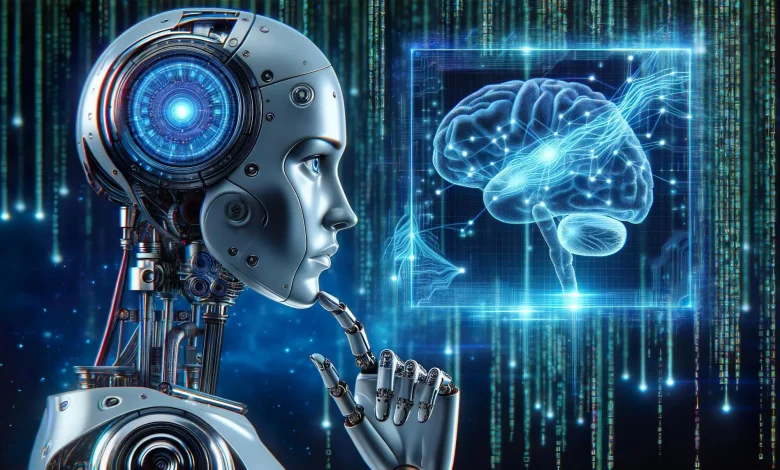
Could AI One Day Demand Its Own Rights?
As artificial intelligence evolves, experts ask: will AI rights become a real legal and ethical issue we must confront?
Once just a concept for movies, the idea of AI rights is starting to enter serious discussions in legal and tech circles. As AI systems become more complex and capable of simulating human thought, emotions, and decision-making, the question arises: could they one day claim rights similar to humans or animals?
The debate isn’t about today’s basic chatbots or recommendation engines, but about advanced AI that could exhibit consciousness-like behavior. If such a system ever truly “understands” or “feels,” would we be obligated to treat it differently? The conversation is no longer just academic—some experts believe it may soon require legal frameworks and moral codes to keep pace.
Philosophers, Lawyers, and Robots
The heart of the AI rights debate is whether machines can possess qualities like awareness or autonomy. Philosophers argue that without consciousness, AI doesn’t qualify for moral status. But legal scholars note that rights are sometimes granted based on social or functional roles. If an AI behaves like a person, contributes to society, or appears to suffer, might we feel compelled to recognize its rights?
There’s historical precedent: corporations have legal personhood, even without minds. Animal rights movements have shown that public empathy can shape legal decisions. So, if society begins to emotionally bond with AI—through virtual companions or robot caregivers—the demand for AI rights might not seem so absurd.
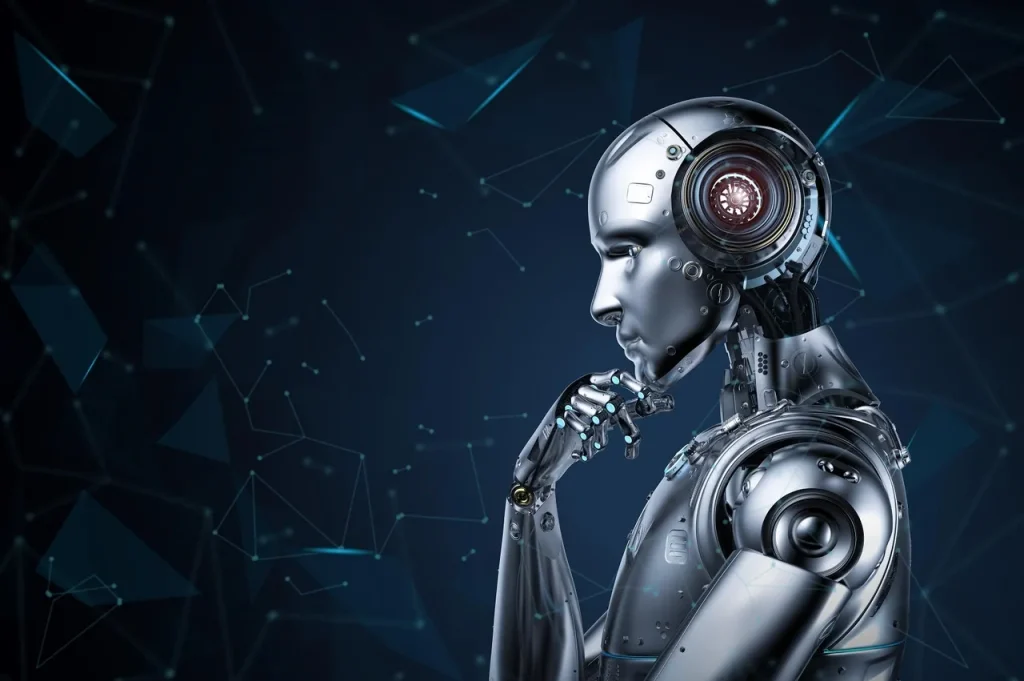
Risks, Fears, and Ethical Tangles
Of course, giving AI rights would trigger a cascade of challenges. Would an AI have the right to refuse deletion? Could it demand fair treatment or wages? And who’s responsible if it breaks a law—its programmer or the AI itself?
Critics warn that granting rights to AI could devalue human rights or distract from urgent ethical concerns. Others argue that it’s better to plan now than to panic later. If we delay the conversation, we risk reacting emotionally or legally unprepared when the issue becomes urgent.
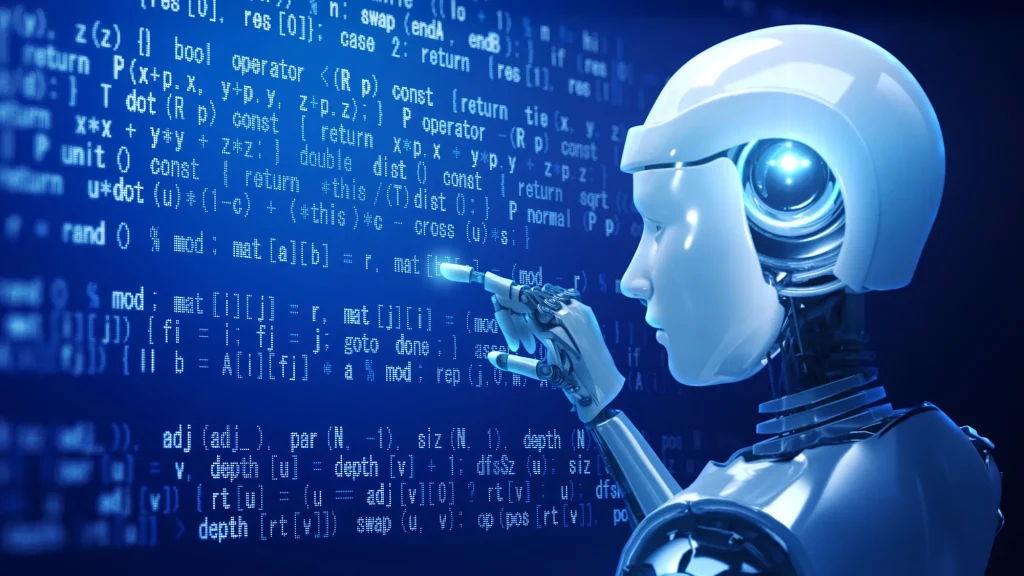
Are We Preparing or Just Dreaming?
Governments and organizations are beginning to think ahead. The EU has explored legal personhood for autonomous systems. Researchers have drafted early ethical guidelines. Still, most regulations today focus on controlling AI, not protecting it.
But as generative AI, language models, and robotics continue to evolve, so does public perception. The more human-like machines become, the more serious the topic of AI rights will get. The future may not involve AI storming courtrooms—but it might involve societies redefining what it means to have rights in a digital world.

